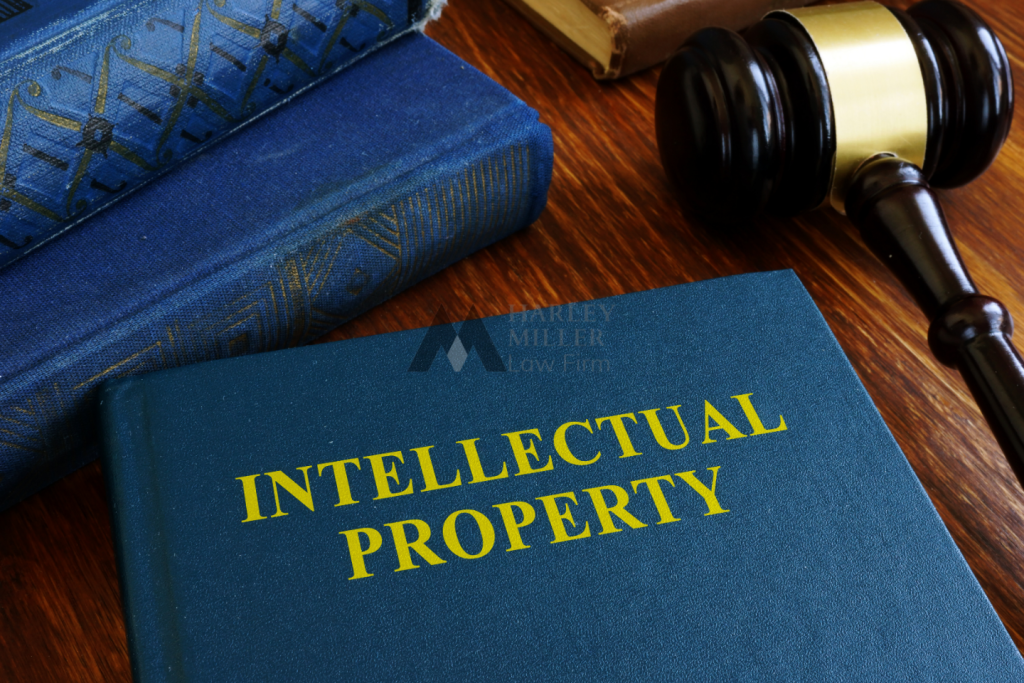Introducing Decree No. 65/2023/ND-CP, a game-changing update to the Intellectual Properties (“IP”) regulation. This new decree brings forth a variety of modified and supplementary provisions that aim to enhance the protection and management of intellectual properties. Prepare for a shift in the IP landscape as we dive into the section Patent on this legal update. Here is a Part 2 of this topic.
Due to the delay in pharmaceutical authorization, the patent owner is eligible for compensation
In case there are delays in obtaining marketing authorization for pharmaceuticals, Article 131a of the amended IP law allows for compensation to be provided to the patent owner. The specific procedures for claiming this compensation are outlined in Article 42 of the Decree. As per these regulations, the patent owner can request compensation by submitting a formal request along with confirmation of the delayed marketing authorization for pharmaceuticals, which must be issued by the authority responsible for granting the marketing authorization. It is important to note that the compensation can only be sought once the pharmaceuticals have received authorization. Moreover, it’s important to note that when individuals and companies produce pharmaceuticals using multiple patents, they have the opportunity to seek compensation for each of the relevant patents utilized in the manufacturing process.

Form of patent certificate
Article 29.1 of the Decree introduces the issuance of electronic certificates for the first time. Starting from 23 August 2023, the default issuance of certificates will be in electronic form unless the applicant explicitly requests a paper form in their application.
The use of electronic certificates brings convenience and aligns with the ongoing digital transformation in various sectors, including administrative procedures. It aims to provide applicants with advantageous conditions for managing their intellectual property matters. For example, while procedures like patent amendments or assignments usually demand traditional paper certificates, electronically issued patents do not have this requirement.
However, the Decree does not address certain scenarios, such as (i) whether applicants can request an electronic certificate for older IP applications, (ii) whether applicants can make a future request for an electronic certificate if they did not request a paper certificate in the initial application, and (iii) if an applicant initially requests a paper certificate but later wishes to change their request to receive an electronic certificate instead. We anticipate that relevant authorities will soon issue circulars to provide clarification on these three points.
Confidential invention
According to the IP law, a confidential invention is an invention that the responsible authorities, under the Law on Protection of State Secrets (Law No. 29/2018/QH14 “Law No. 29”) and related regulations, have designated as a State secret.
It is possible to file, examine, and obtain a patent for a confidential invention. The Decree, specifically Chapter IV (Articles 48-52), provides guidelines on the procedures for filing an application for a confidential invention. According to these regulations, you must submit the application for a confidential invention in printed form, and the patent office will treat all information and documents related to the application or granted patent as confidential. They will not publish them until they lift the confidential status of the invention in accordance with Law No. 29 and relevant regulations.
Additionally, the applicant must confirm that they consider the subject matter a State secret under Law No. 29 and related regulations. The government may adjust the duration of protection for state secrets, which can vary from 10 to 30 years, based on their assessment of the actual circumstances surrounding the secrets. If the government declassifies the invention and no longer considers it confidential, the patent office will process the patent application or patent as a regular application.
Moreover, filing an application for a confidential invention internationally must adhere to Law No. 29 and relevant regulations. Article 16.2 of Law No. 29 states that only foreign individuals, authorities, and organizations involved in international cooperation programs or performing official duties related to State secrets can share and transfer State secrets.

Division/Conversion of an already filed application
In Vietnam, you can file divisional applications at any time during the prosecution before the patent office grants or officially refuses the patent application (they issue a decision of refusal instead of an office action). Additionally, during the prosecution, a patent applicant can convert a patent application for an invention into a patent application for a utility solution (utility model) and vice versa. However, previously, there was no regulation for situations where the applicant wished to convert a part of a filed application. The introduction of Article 17 of the Decree addresses this issue.
According to the new regulation, if an applicant wishes to convert a part of a filed patent application for invention into a patent application for utility solution, or vice versa, they must first file a divisional application for that specific part, and then convert the divisional application. Even before specific regulations were in place, people were already applying these requirements in practice. Therefore, the new regulation essentially formalizes existing patent practices.
Conclusion
In conclusion, the issuance of Decree No.65/2023/ND-CP with revised and additional provisions for Intellectual Properties regulation marks an important milestone in strengthening IP protection and enforcement. The updated decree displays a commitment to adapt to the evolving landscape of intellectual property rights and aligns with international standards. By providing clearer guidelines and procedures, it aims to provide a more conducive environment for innovation, creativity, and investment. As businesses and individuals continue to navigate the complexities of intellectual property, this revised decree offers a framework that strikes a balance between protecting rights holders and encouraging further advancement in the field of intellectual property.
HMLF is always available to offer assistance in understanding the procedures with authorities.

Harley Miller Law Firm “HMLF”
Head office: 14th floor, HM Town building, 412 Nguyen Thi Minh Khai, Ward 05, District 3, Ho Chi Minh City.
Phone number: +84 937215585
Website: hmlf.vn Email: miller@hmlf.vn

